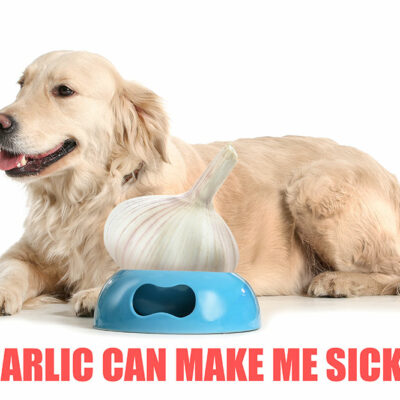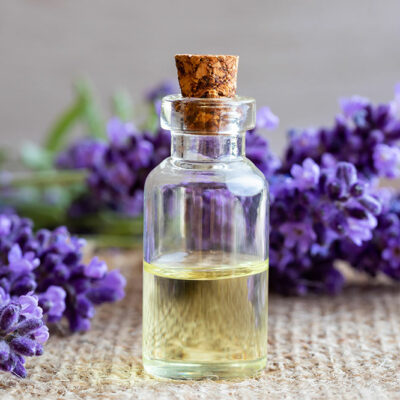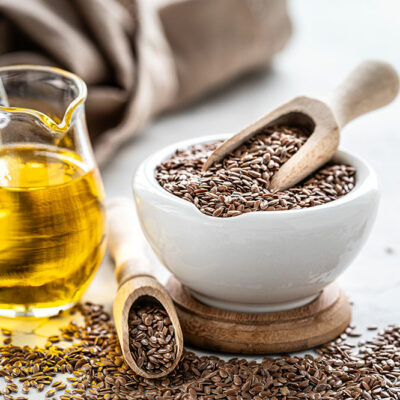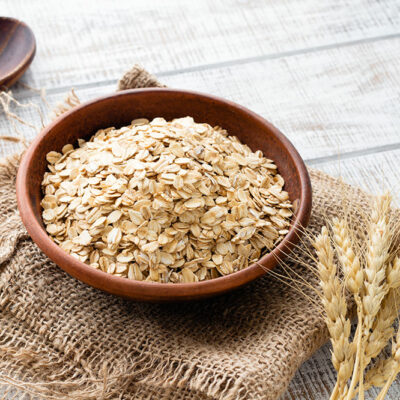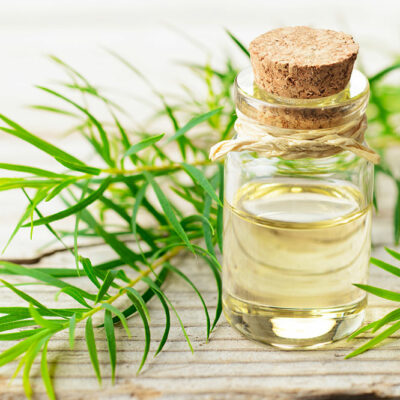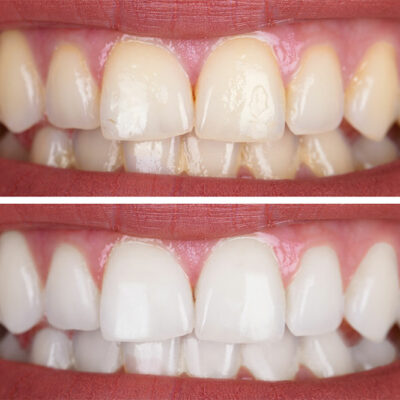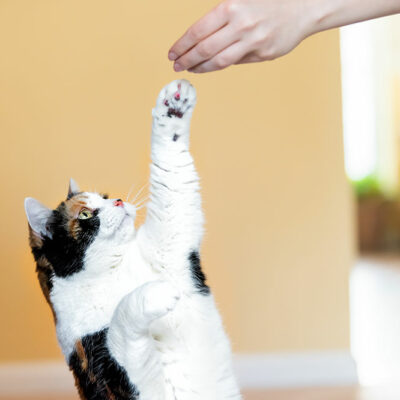
Pets
6 Easy-to-Make Cat Treats
Cat treats are fantastic ways to train, reward, or show your love for your cat. If you had thought that homemade cat treats are difficult and time-consuming to make, then here is a list of healthy cat treats that are made using just three ingredients and are super tasty too. 1. Salmon treats This is a definite winner when it comes to easy and healthy cat treats that can be made at home. Make a dough using shredded canned salmon, one egg, and one cup of whole wheat flour. Roll the dough on a clean surface and cut it into small shapes. Bake the cookies in the oven for about 15-20 minutes until the surface turns golden brown. Cool and freeze the cookies. 2. Baked chicken treats Cut chicken into thin slices. Season it with a pinch of salt and some catnip powder and place it on a baking tray. Bake this for 1.5-2 hours until the chicken turns crispy. Cool and store this in an airtight container. This is a great treat your cat will definitely love. 3. Tuna treats Another perfect cat treat that you can make is by using tuna. Shred tuna into small pieces. Whisk two eggs well and add some catnip to it.
Read More 